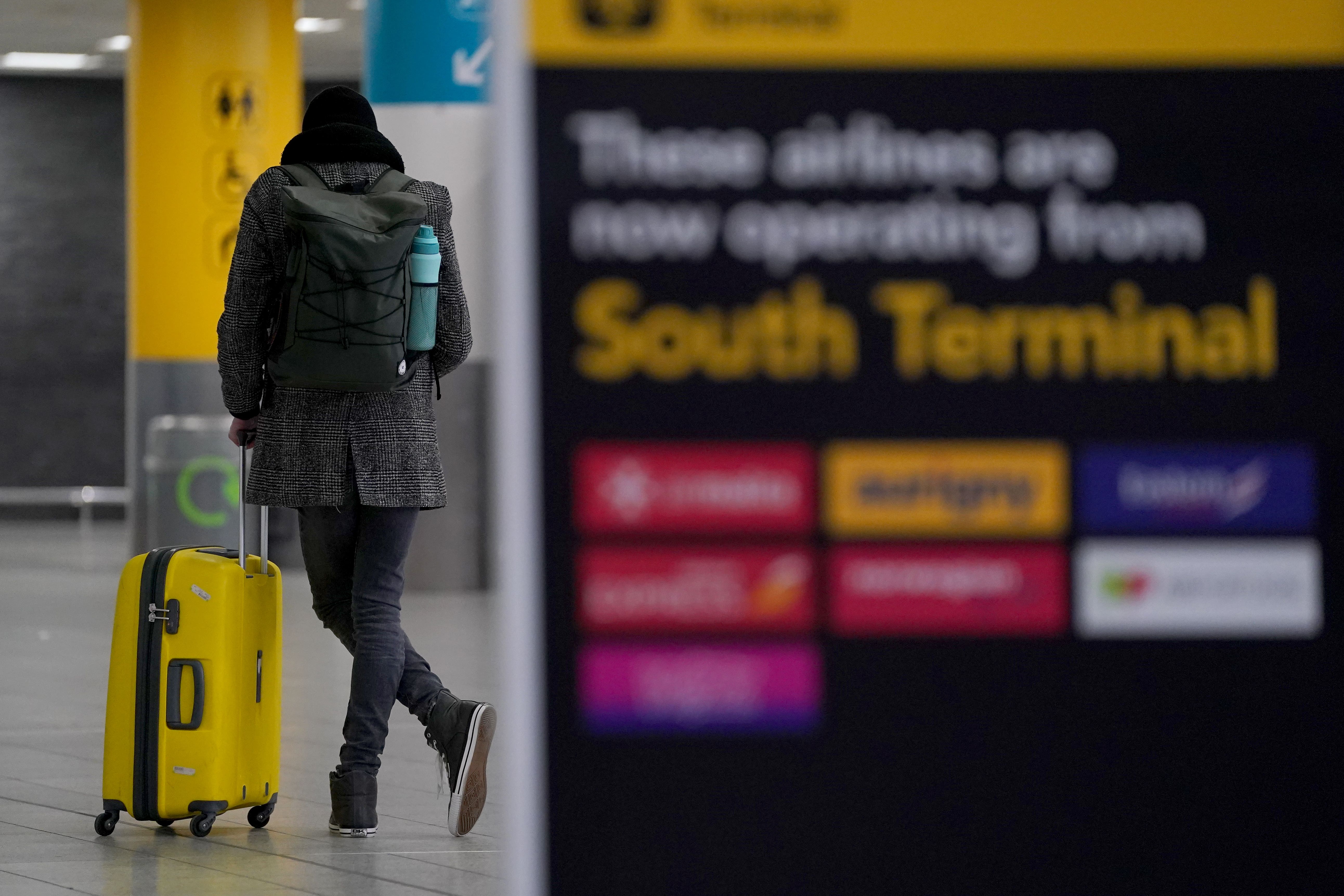Financial instability hits travel firms with ‘double squeeze’
Mark Tanzer, chief executive of sector body Abta, said companies are being hit by higher interest rates on top of rising energy bills.

Your support helps us to tell the story
From reproductive rights to climate change to Big Tech, The Independent is on the ground when the story is developing. Whether it's investigating the financials of Elon Musk's pro-Trump PAC or producing our latest documentary, 'The A Word', which shines a light on the American women fighting for reproductive rights, we know how important it is to parse out the facts from the messaging.
At such a critical moment in US history, we need reporters on the ground. Your donation allows us to keep sending journalists to speak to both sides of the story.
The Independent is trusted by Americans across the entire political spectrum. And unlike many other quality news outlets, we choose not to lock Americans out of our reporting and analysis with paywalls. We believe quality journalism should be available to everyone, paid for by those who can afford it.
Your support makes all the difference.Financial volatility is a “real cause of concern” for travel companies, an industry leader has warned.
Mark Tanzer, chief executive of sector body Abta, said businesses are being affected by rising bills as consumers suffer from the cost-of-living crisis.
Speaking at the organisation’s annual convention in Marrakesh, Morocco, Mr Tanzer said: “The current ‘turbulence’ in the financial markets – to use our Chancellor’s nonchalant description – is a real cause of concern for our members.
“Higher interest rates on top of rising energy bills put a double squeeze on businesses – increased costs just when consumers are tightening their belts.
“And, of course, many travel businesses have come out of the pandemic with less financial headroom than they went into it, so increased borrowing at higher costs is not an option.”
But Mr Tanzer said new research suggests demand for foreign travel is increasing despite cost-of-living pressures.
A survey of 2,000 UK consumers commissioned by Abta indicated that 38% of people travelled overseas for leisure between March and August, compared with 21% during the previous six months.
The UK scrapped its remaining pandemic travel restrictions in March, including the requirement for all arrivals to complete passenger locator forms, and those who were not fully vaccinated to take a coronavirus test.
We now face an uncertain year ahead
Abta calculated that the poll suggests overseas travel for the 12 months to the end of August was at 70% of pre-pandemic levels.
It described this as a “significant proportion” given the timing of Covid-19 travel restrictions being lifted in the UK and destinations.
The survey, carried out in late August, also suggested that only 4% of people who took a holiday in the previous 12 months were not planning to take another during the following year, despite the cost-of-living crisis.
Of those who intend to cut back their holiday spending, 36% said they would take fewer trips.
Some 61% of people questioned planned to head abroad in the following 12 months.
The survey indicated that people are more likely to cut back on non-essential spending elsewhere, such as eating out (55%), leisure activities (48%) and clothes, shoes and accessories (40%), rather than holidays (35%).
Mr Tanzer said: “The lifting of the UK’s travel rules this year unleashed a surge in overseas holidays.
“Given how much these restrictions had dampened demand, it’s quite remarkable to see foreign holiday-taking already reaching 70% of 2019 levels, which was in itself a bumper year for travel, in such a short space of time.
“We now face an uncertain year ahead given the cost-of-living challenges, but Abta’s research suggests that we should continue to see an increase in foreign holidays next year and, encouragingly, many of our members have also been reporting a high level of demand for bookings.”